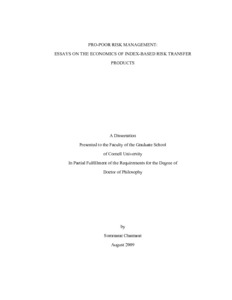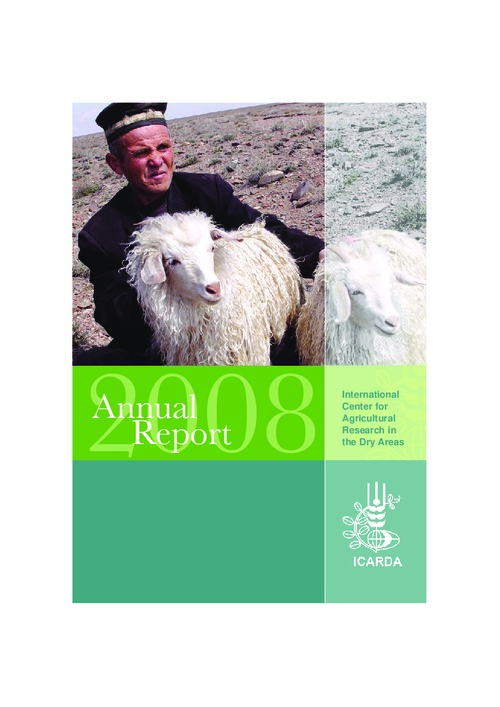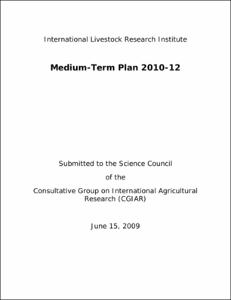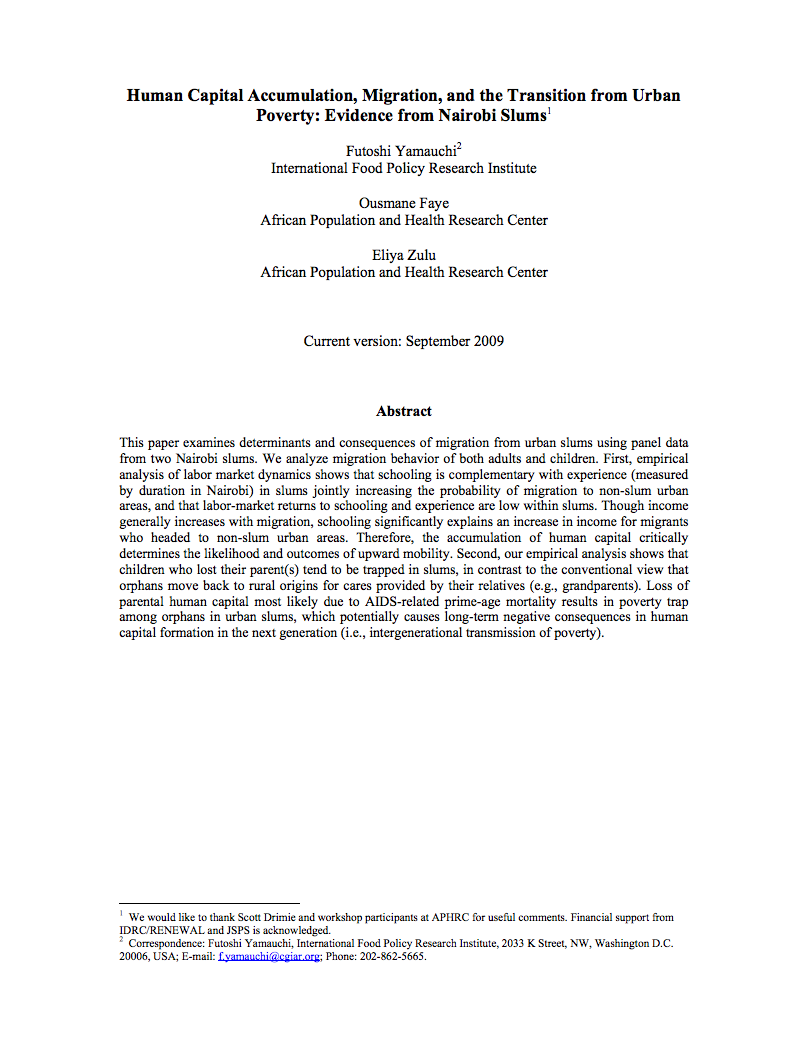Linkages between land-use, land degradation and poverty in semi-arid rangelands of Kenya: the case of Baringo District
The study discusses land-degradation in pastoral communities and depicts land-use system and associated human and livestock population pressure as the major determinant of vegetation cover, surface run-off, soil erosion, and species richness. The study recommends use of enclosures to reverse range degradation, and diversification of pastoral economies to reduce poverty and relieve pressure on land as the primary source of livelihood in the semi-arid rangelands of Kenya












